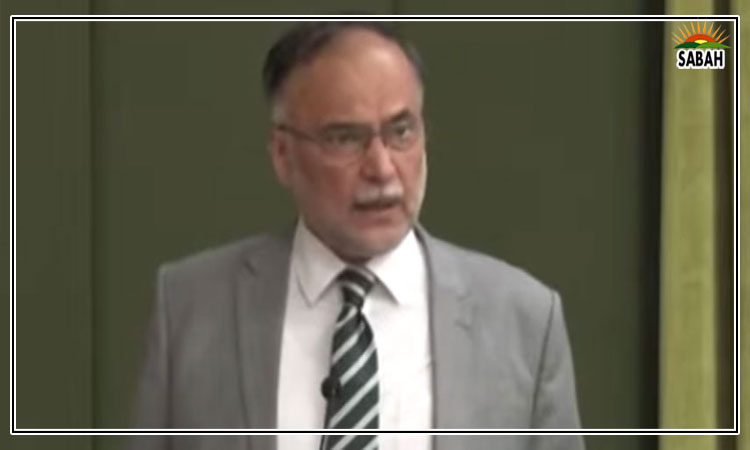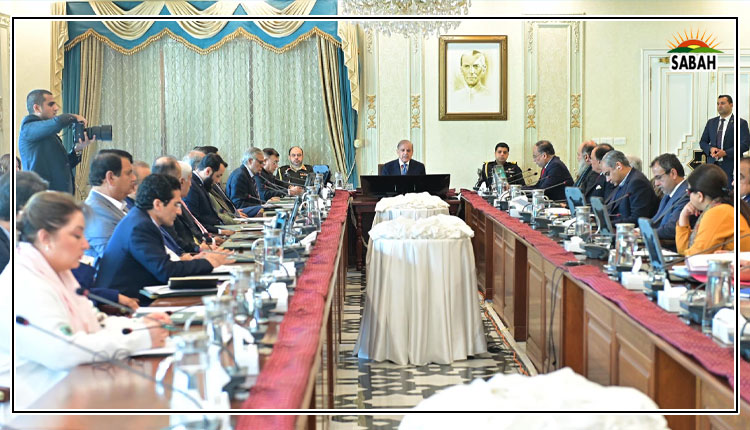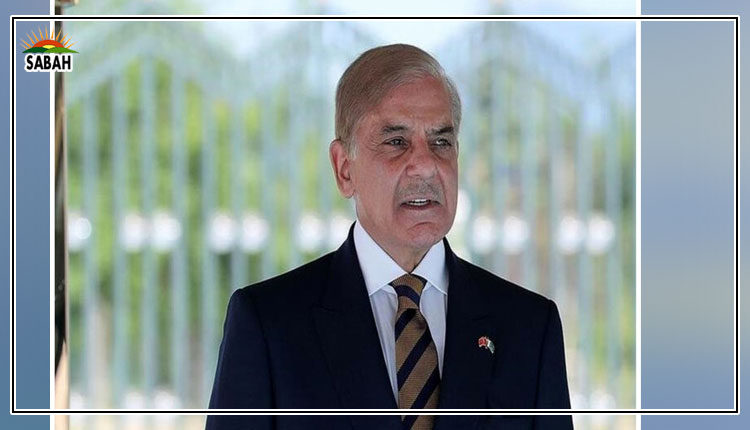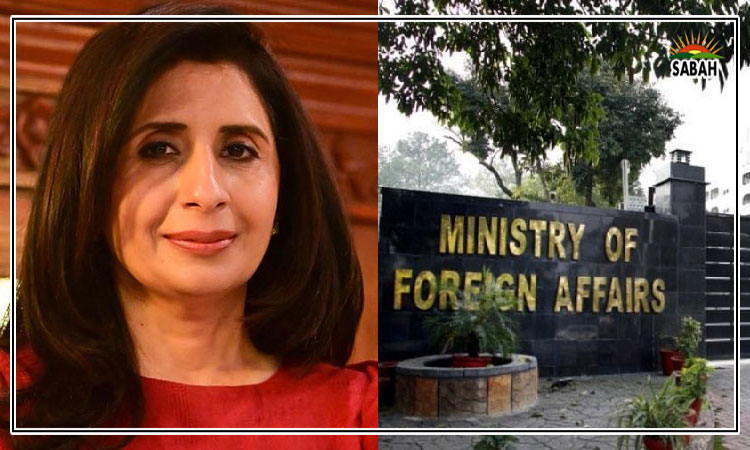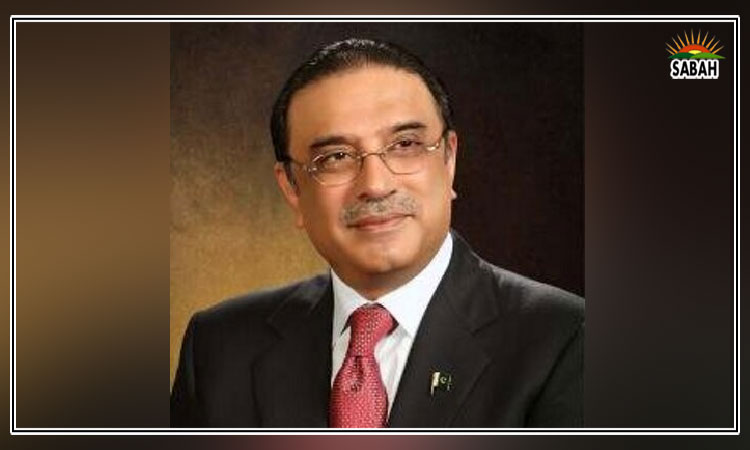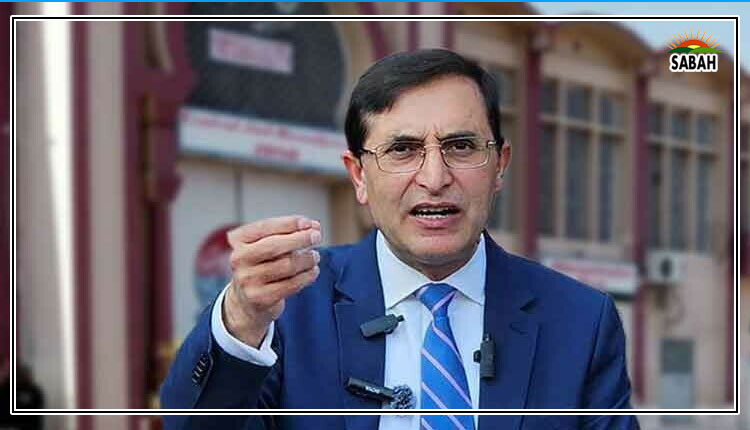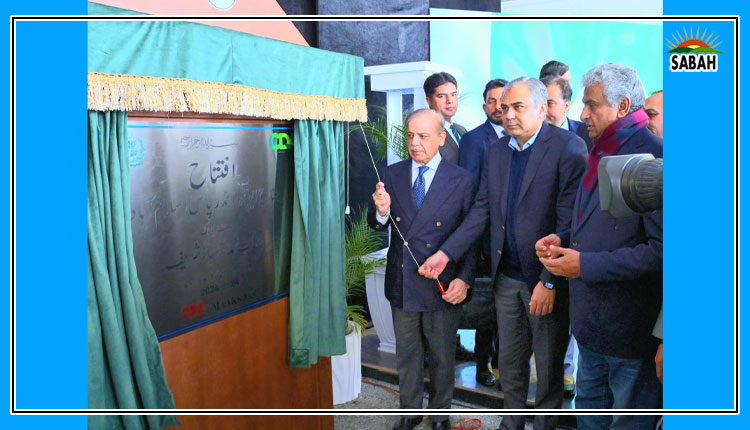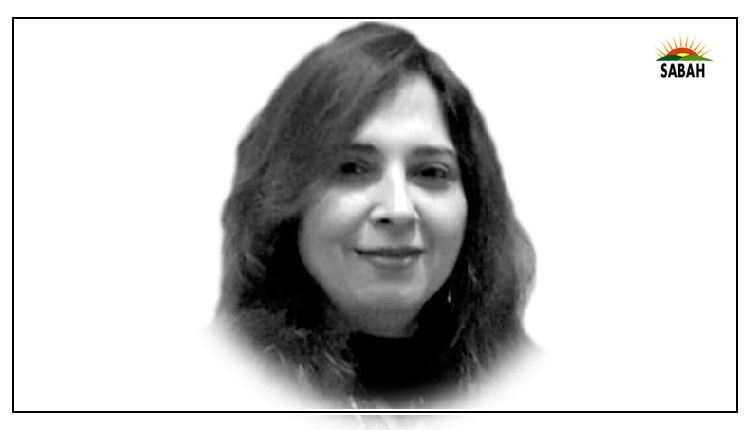It’s not politics; it’s depravity…Durdana Najam
May 12, 2008 had been the blackest day in the chequered history of Pakistan until May 9, 2023 took the badge away.
Justice Iftikhar Chaudhry had fallen out of Musharrafs power equation when he opposed the privatisation of the state-owned steel mill at a throwaway price. He was to visit Karachi on May 12, 2008 as part of a lawyers movement countrywide tour. The movement had begun in reaction to the forced ouster of Justice Iftikhar Chaudhry as the Chief Justice of the Supreme Court of Pakistan.
To bring him and the lawyers movement a moral defeat, the goons were given an open field to play their dirty game. The police, the rangers and other law enforcement agencies stood by the side as Karachi descended into chaos. Lawyers were burned alive in their chambers. Police used live ammunition on political workers, protesting lawyers and other demonstrators. Fifty people died on that single day in the worst kind of torture.
On May 12, 2008, Karachi was in the hands of mobsters, just like Lahore was given on a platter to them on May 9, 2023 to tear it apart as and how they wished.
So, Pakistan had seen worse days than May 9, 2023; however, what makes it so black is the target of the attacks. Allegedly the PTI workers, having lost their temper on the arrest of their leader Imran Khan, went berserk and threw their tantrums at the military establishment. They ransacked the Corp Commanders house in Lahore. They vandalised the newly famous Jinnah House. They put to arson shopping plazas and other buildings the military-owned in the citys heart. So, on May 9, the state was under attack. Several people died, and hundreds were arrested.
Though Imran Khan had been vacated from prison by the Islamabad High Court and was given bail on most cases for at least a fortnight, the political crisis is far from over.
Since the target of May 9 was the military establishment, one is tempted to ask:
Does the buck of the political turmoil of Pakistan stop at the military establishment?
One may also like to understand: Are we living the make-and-break moment that every nation goes through before becoming great? Has the stone been cast to deconstruct the worn-out and hacky politico-economic system? Also, are the political bickering, polarisation and division bringing us closer to Haqeeqi Azadi i.e. real freedom?
Indeed, the buck does stop at the establishment, but that is one side of the story. What has made the establishment successful in its power-grabbing adventure is not, as is believed, its hierarchical cohesion or the unity of command. Sadly the division within the political parties has made it easy.
Those standing with Imran Khan are doing so not because they believe he is the Messiah. That role IK demolished himself when he came to power and behaved like his predecessors giving in to the powers that be and putting weak people in important positions to retain a monopolistic control of the system.
We think it wrong that IKs financial honesty is the divine link that joins him with his supporters. Pakistanis are not honest in their dealings; many international researches on corruption have proved that. IKs popularity is due to his unwavering faith in Pakistan and indifference to power.
People dislike Sharifs and Zardari/Bhuttos not because IK tells them to do so. People dislike them because they do not have stakes in Pakistan. They have a parallel personal fiefdom abroad. Their children were brought up there, and in the case of Nawaz Sharif both his sons have left Pakistan forever.
For most of the Pakistanis, these leaders are not nationalists. They are predators using politics as a game to enhance personal interest. For these Pakistanis, despite all the flaws, IK is the personification of nationalism. They hardly find him leaving Pakistan even when he was the prime minister.
As for the question, are we living in the make-and-break moment? The answer is no. Neither is there an attempt to deconstruct the status quo.
The bickering we see today among the politicians and the rowdiness with which they target one another reflects the hollowness of leadership, whereas the call for the Haqeeqi Azadi is a sham.
When leaders fight for a just and equal society and challenge the status quo, they are seldom bitter. They are rarely revengeful. On the contrary, a leader who shifts the political culture to accountability and fair treatment first makes peace with the enemy.
When Nelson Mandela was released from 27 years of imprisonment, he left the hatred, the bitterness and the sweet taste of revenge in jail. He knew that he would never be able to gain freedom for his people unless he sat down with his enemies, forgot their follies, tolerated their existence and accepted their role in the system.
Martin Luther King embraced non-violence amid the draconian legal doctrine of Separate but Equal a law that had given a licence to white Americans to dehumanise Negros. However, despite the persecution and ill-treatment spanning decades, King never once asked his supporters and followers to become bitter or become one like their oppressors. History tells us that in his personal life, he experienced severe depression, but for the people, he was the manifestation of love and tolerance towards their worst rivals.
Sadly, we have built a nation that has learned to resolve everything with a fist and anguish bordering revenge. As a result, Pakistan is imploding not just because of the establishments insatiable desire for power but because of the immature, expedient and intolerant political leadership fighting for their turfs. On the one side is IKs party, full of hatred for all those who disagree with his idealism. On the other is a group of parties that came together in the hatred of PTI. This is not politics. This is depravity.
Pakistan has seen many black days, and from the hatred among the political parties and the bitterness they harbour for one another, one does not see May 9, 2023, as its last black day.
Courtesy The Express Tribune



